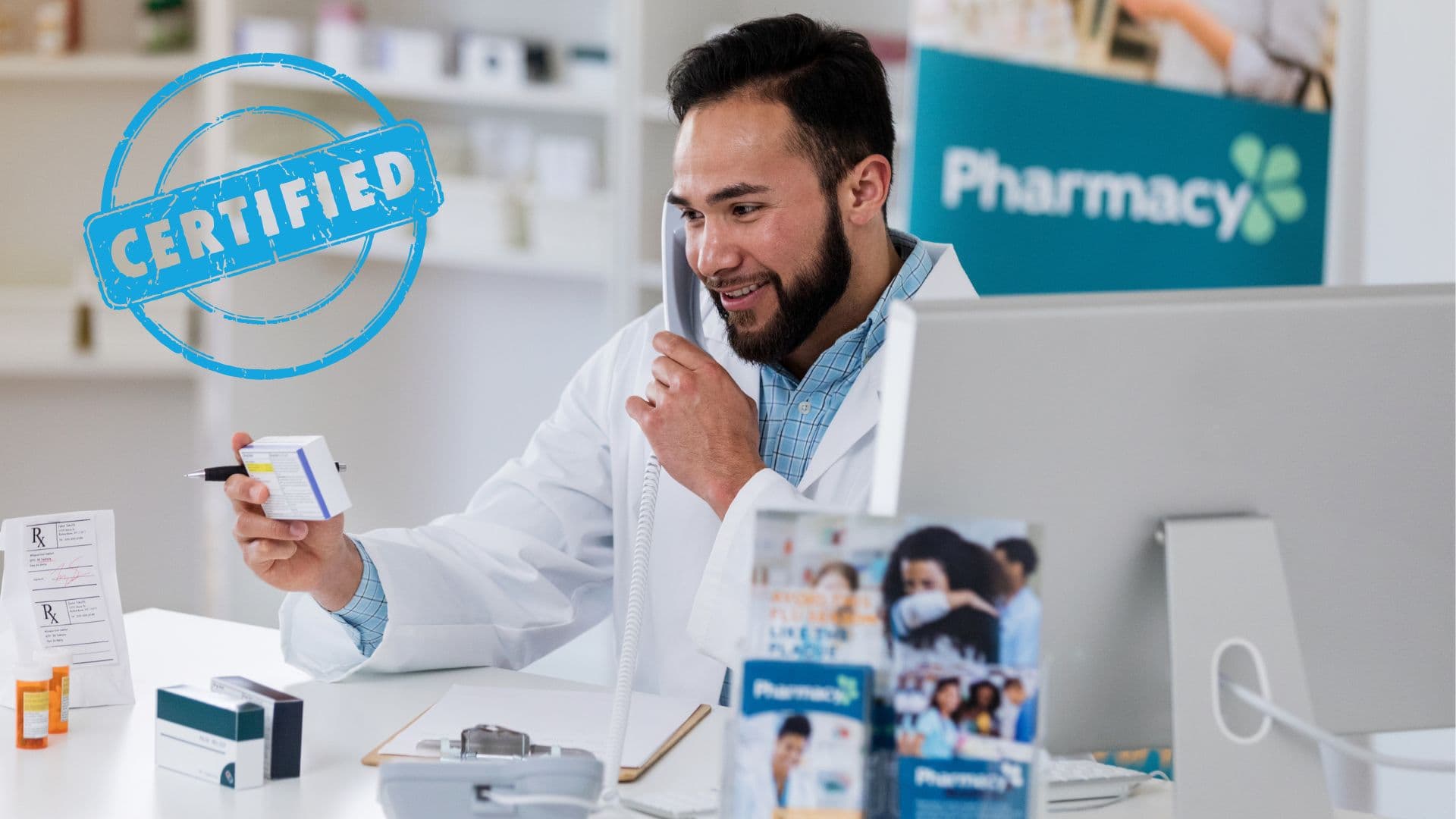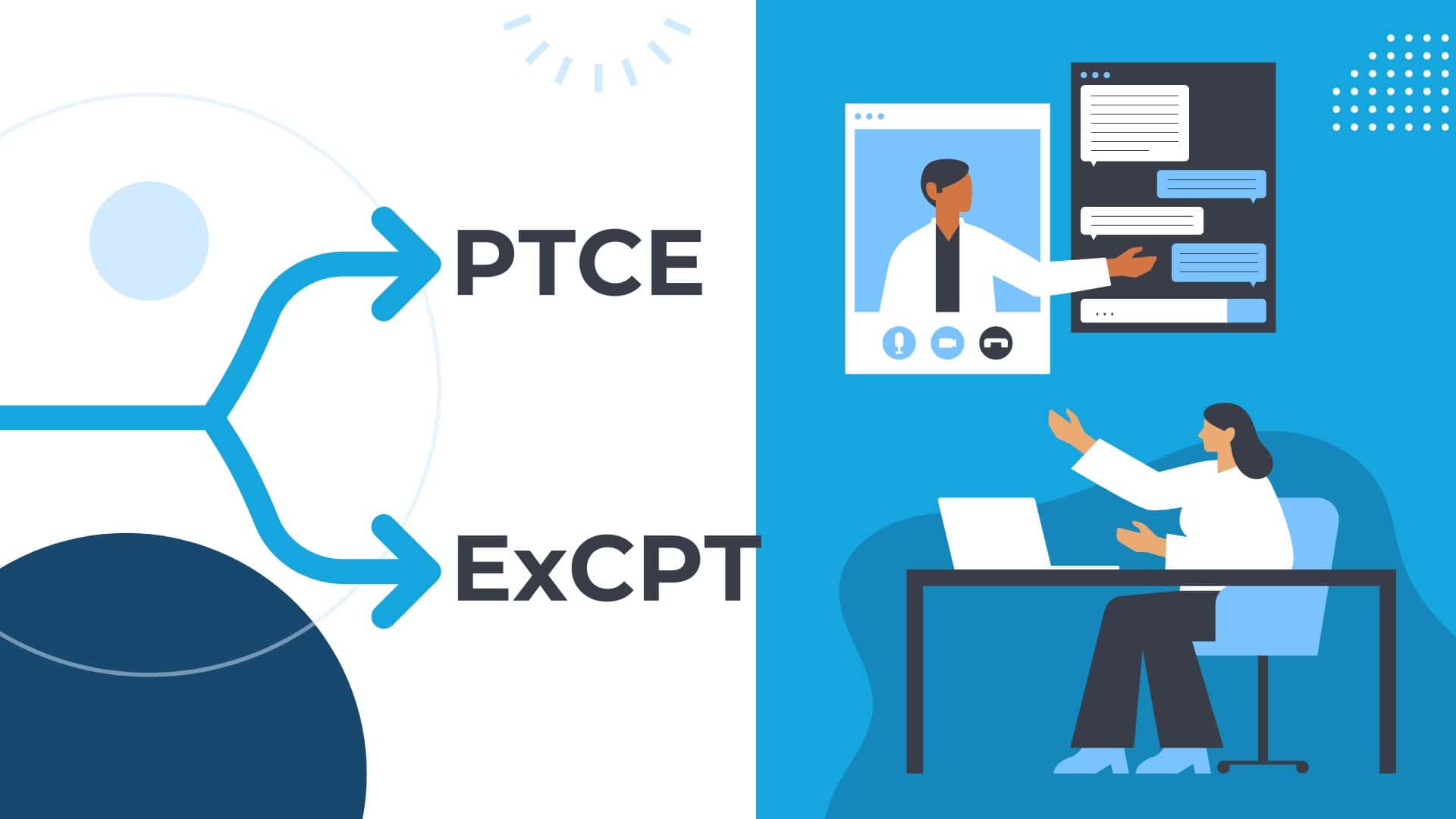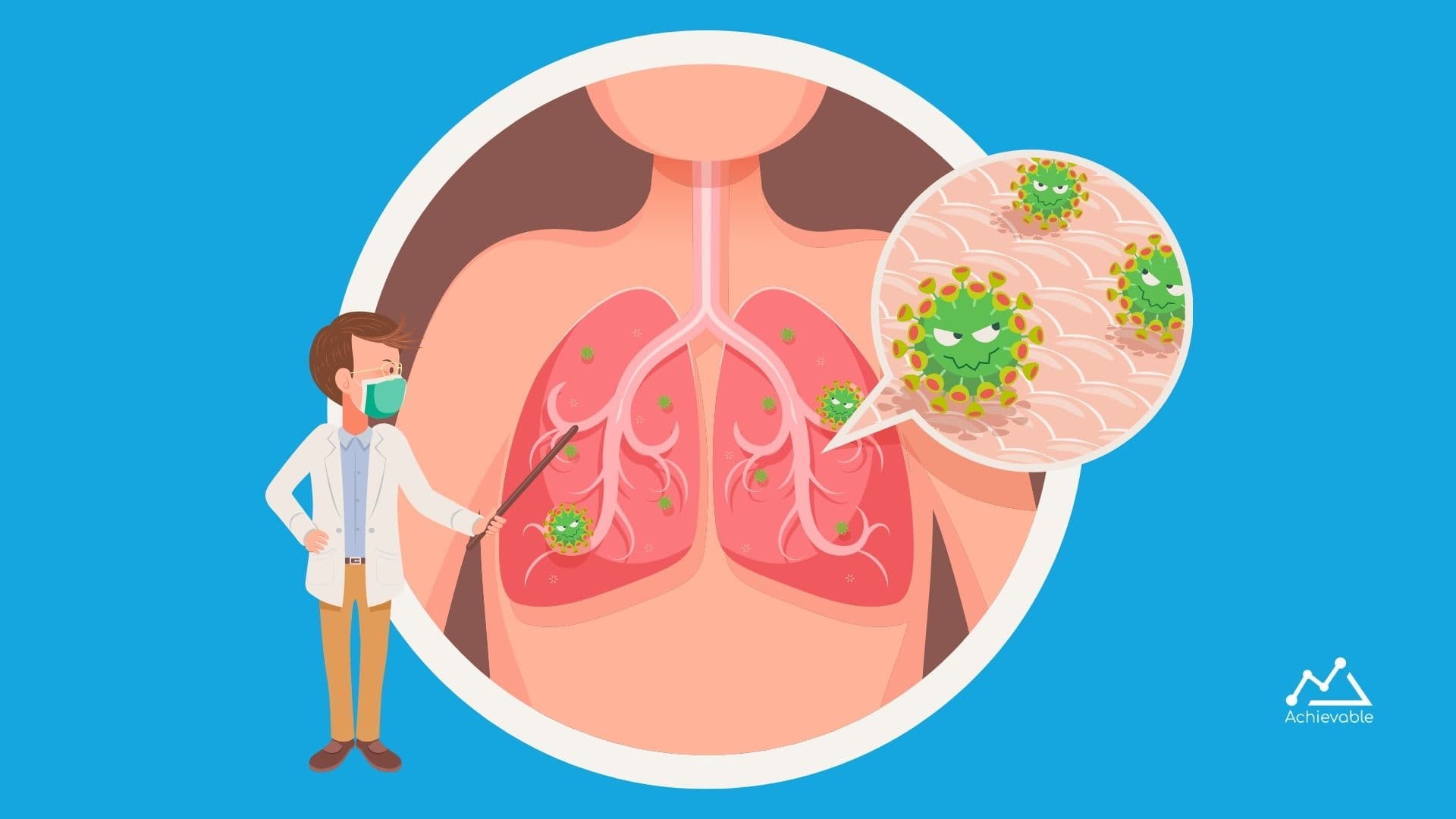
If you’re interested in starting a new career path within the healthcare field, becoming a pharmacy technician is an excellent option to consider. Compared to many other occupations within this field, the pathway to becoming a pharmacy technician is generally quicker and more accessible than becoming a doctor, for instance, while still giving you access to a career in the lucrative healthcare industry. In this article, we will explore everything the pharmacy technician certification process entails and how to get certified.

As a pharmacy technician, you will take an essential part in assuring the pharmacy runs smoothly. The key components of your job will entail assisting pharmacists with a range of tasks, including but not limited to filling, processing, and distributing medications to customers, entering patient and medication data, processing transactions, labeling medications, and managing inventory. How will you acquire this skill set? The certification process will provide you with everything you need to know.
In order to earn a Certified Pharmacy Technician (CPhT) credential, you will need to pass an exam. The Pharmacy Technician Certification Exam (PTCE) is the most widely recognized exam offered to receive this credential, and is offered by the The Pharmacy Technician Certification Board (PTCB). The exam is a comprehensive assessment of the knowledge and skills required to be a pharmacy technician, covering 4 major sections which include medications, patient safety and quality assurance, order entry and processing, and federal requirements. Check out our article on the complete guide to the PTCB exam for more detailed information.
Aside from providing valuable knowledge on pharmacy technician duties, there are many other reasons to become certified. It is not always necessary to earn a CPhT, but many states do require pharmacy technicians to be certified. Regardless of whether it is mandatory or not, having this certification will make it significantly easier for you to gain employment. Those that hold a certification will also be more likely to achieve higher salaries and more promotional opportunities than non-certified candidates.
Generally speaking, there are three main paths people take to earn their CPhT credential:
After spending 500 hours of work experience as a pharmacy technician, they prepare for and take the Pharmacy Technician Certification Exam (PTCE) (some states/companies also accept the ExCPT exam)
They take a training course that both fulfills the requirements for the PTCB certification and prepares them for the PTCE
They take a training course that fulfills the requirements for the PTCB certification, and then prepare for the PTCE separately
It typically takes up to 2 years to earn your certification, depending on which route you decide to take. Timing and cost vary between each type of training. Let’s review the options below.
If you’re more of a hands-on learner, on-the-job training may be the best route for you. This is the most cost efficient option, as you will be earning instead of spending money for your training. The 500 hours of work experience required typically takes anywhere from 2-8 weeks. If you live in a state that requires pharmacy technicians to be certified, finding work experience may sound challenging. Luckily, many places will hire pharmacy technician trainees, supplying an experience that will prepare you for your exam and provide you with a job as a pharmacy technician upon completion. Internships and experiential hours are also accepted.
Diploma programs are the fastest and cheapest route to receive your CPhT credential if you’re interested in taking an education program. This path usually takes around 4 months to 1 year to complete, with eligibility to take the PTCE being granted once the program is finished. Costs usually range from $500-$1,500. Be advised that this is typically the most time-intensive option, but that’s the trade-off for earning your certification quickly.
Enrolling in a certification program from a community college is another option to consider when preparing for the PTCE. Certification programs can cost anywhere from $2,000-$10,000 and typically take 1 year to complete. These are more specific than associate degree programs, and will only require you to take courses that specifically train you for your pharmacy technician certification. You will be eligible to take your exam once this program has been completed.
Associate degree programs are the most expensive and time consuming option to earn your certification, usually taking 2 years to complete and costing $8,000-$25,000. However, you will be sure to receive an in-depth education with an easier path to advance to other healthcare occupations in the future. Associate degree programs will cover everything taught in certificate programs, with the addition of general education courses and more advanced pharmacy, technical, and scientific concepts. After finishing this program, you will graduate with an associate degree and be prepared to take the PTCE.

Although this process includes a fair amount of flexibility, there are some requirements that are non-negotiable. In order to be eligible to earn the PTCB CPhT certification, the following criteria must be achieved:
Once you’ve earned your certification, it must be renewed every 2 years by completing 20 hours of continuing education (CE).
When investing in your future as a CPhT, be sure to weigh the pros and cons of each option when preparing to take your pharmacy certification exam. Figure out which price points are accessible to you, how much time you can afford to spend preparing, and what your future goals are. Regardless of your choice, you will have the knowledge to become a CPhT in 2 years or less.

This video explains the changes seen in cardiac cycle tracings in valvular heart diseases. You can learn key features to help you differentiate normal from abnormal tracings in specific valvular disorders.

Becoming a pharmacy technician is an excellent choice for those interested in an accessible, lucrative career path within the healthcare field. Acquiring a pharmacy technician certification will allow you to outshine competitors and enhance your chances of obtaining your ideal position within the pharmaceutical industry. In order to earn a Certified Pharmacy Technician (CPhT) credential, …

In this video Sujata explains the pathophysiology, diagnosis and management of pneumothorax. It is a high yield concept for all steps of the USMLE. Pneumothorax is of four different types and management is guided by the type and severity.